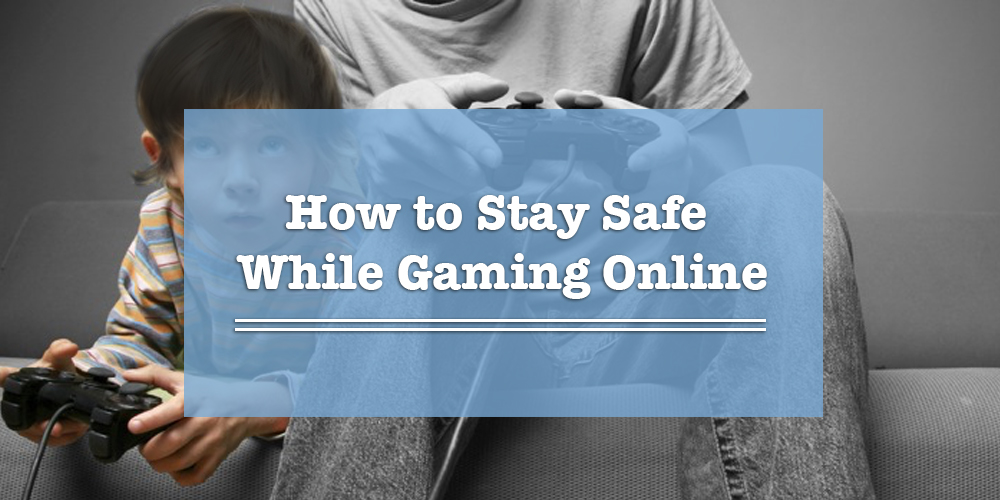Tips for Ensuring Safety During Online Gaming
The value of online gambling and sports betting has skyrocketed, with over $80 billion in bets expected in 2022. Compared to the $14.8 billion made by the whole Las Vegas strip last year, that is around 440% greater gaming revenue.
Indeed, it’s true that online betting has eclipsed Las Vegas. Let that sink in.
Online betting sites and immersive gaming casinos, valued at $80 billion, have made themselves quite visible to cybercriminals. Even if there hasn’t been a sophisticated robbery comparable to the Ocean’s Eleven movies yet, internet casinos have already had multiple virus installations and data breaches.
For example, in 2021, a number of hackers gained access to Chinese gaming companies and inserted links that appeared trustworthy and authentic onto the platform. However, upon opening the links, the user’s PC was infected with malware that might steal personal data.
The problem for online gamers is that hackers are aware that users link their bank and credit card accounts to their accounts. They’ll also keep using resourceful and adaptable booby-traps that can expose your private data.
How can you retaliate to safeguard your data? One strategy is to stick to the safest payment options and stay away from the riskier ones.
What’s the safest payment method for online gaming?
A virtual credit card or reloadable debit card are the safest payment methods for placing bets and gambling online.
Virtual credit cards are generated by credit card companies. The card is linked to a credit card account, but it doesn’t share the same account details, like card number, expiration date, or CVV/CVC code. Most virtual cards are available for single purchases only and will become inactive after you buy something. This is perhaps the safest way to gamble online, as a virtual card will stop hackers from stealing credit card numbers.
You need a credit card account to generate a virtual card, but not all credit card issuers provide this option. For example, Chase doesn’t, but Capital One and Citibank do.
A reloadable debit card is another way to gamble safely online. Also called “prepaid cards,” these cards carry money that you load manually. They’re not linked to a bank account, which makes them safer than debit cards, and if compromised, the attacker could only steal what’s on the card. They do come with fees, however, making them less economical than virtual credit cards.
A few payment methods I would definitely avoid:
- Bank accounts. Never – ever – link your bank account directly to a gambling platform. Even if it’s easier to do so, you’re putting your money at risk: if a cyberattacker compromised your information, they could take funds directly out of your account.
- Debit cards. Ditto the argument above. A debit card gives cyberattackers direct accord to your bank account.
I would also avoid using credit cards, especially if you can generate a virtual card. But if your card provider doesn’t provide virtual cards, I would use a credit card over bank accounts, debit cards, and wire transfers. Credit cards have fraud protection, and you often won’t be responsible for paying what the fraudster charged to the card. Just use your card with caution: monitor your credit card regularly and report any charges you don’t recognize.
How can you protect yourself from a cyberattack?
Even if you can’t stop hackers from accessing gambling platforms, you can protect yourself from their booby-traps. Here are a few ways to gamble safely online:
- Don’t use public wifi when you’re gaming. You’re safer when you use your own private wifi.
- Create strong passwords. And update them regularly.
- Set credit card alerts. If you have to use a credit card, set text and email alerts for purchases. You’ll know immediately when the card is used and stop fraudsters from making a mess of your credit line.
- Update software. Gambling companies are working hard to keep your information safe. But if you don’t download their newest software, you could be vulnerable to an attack.
Finally, don’t give out sensitive information online. Even if the person on the other end appears familiar, they could be an imposter. Keep your information to yourself and never accept “wire transfers” from other gamers.
Always gamble responsibly. If you need help with a gambling addiction call 1-800-GAMBLER.



